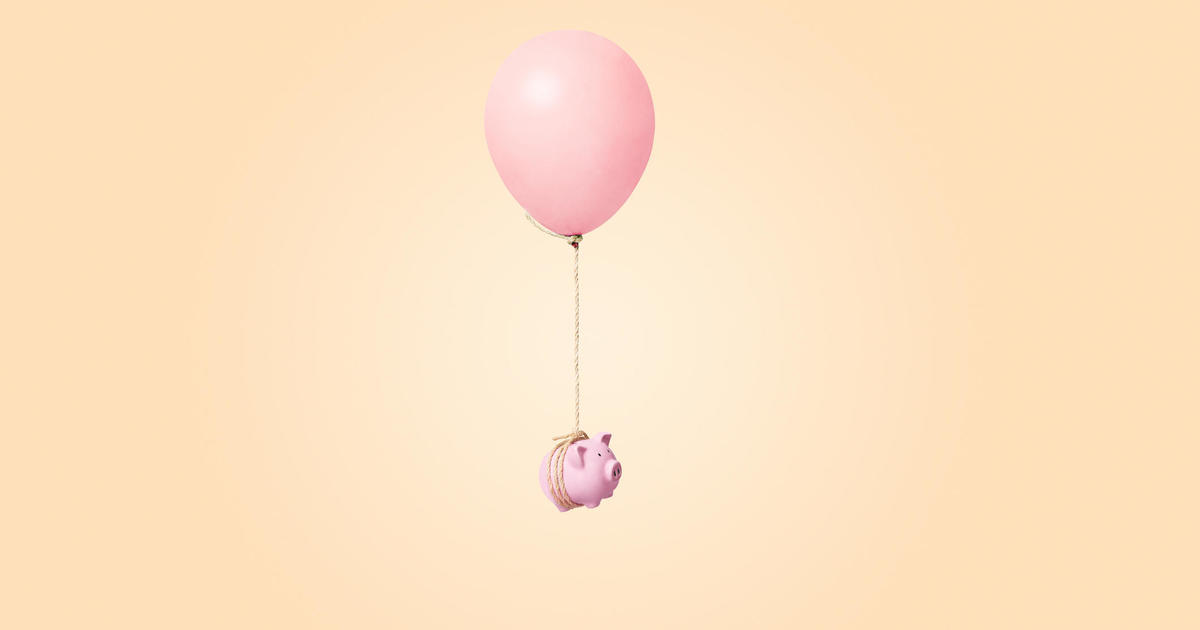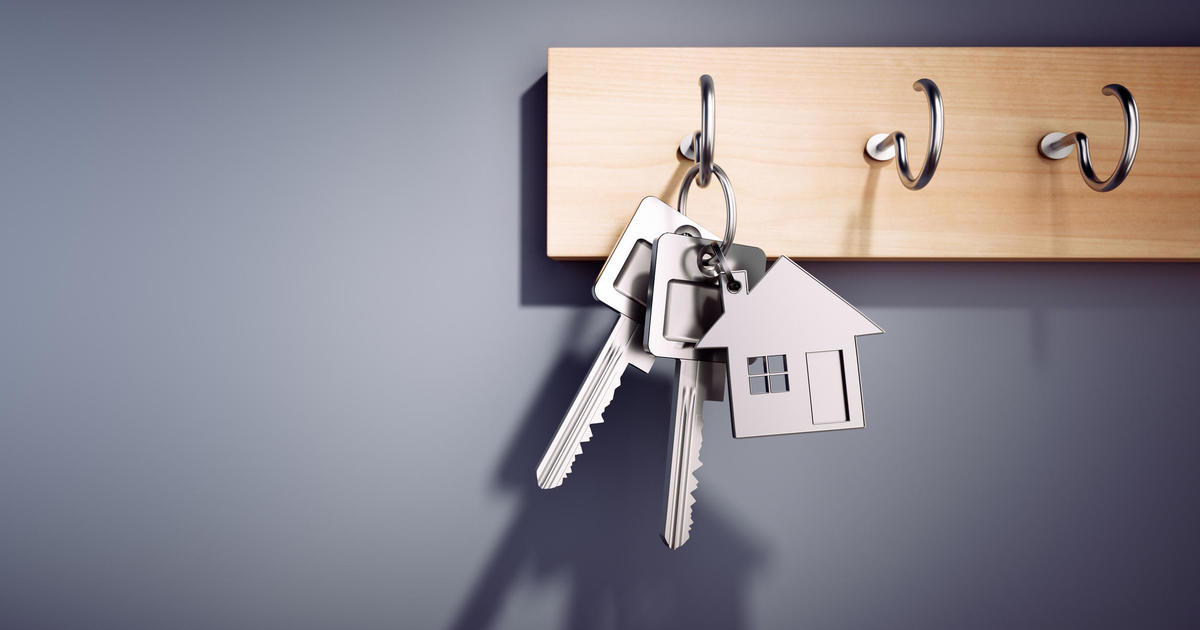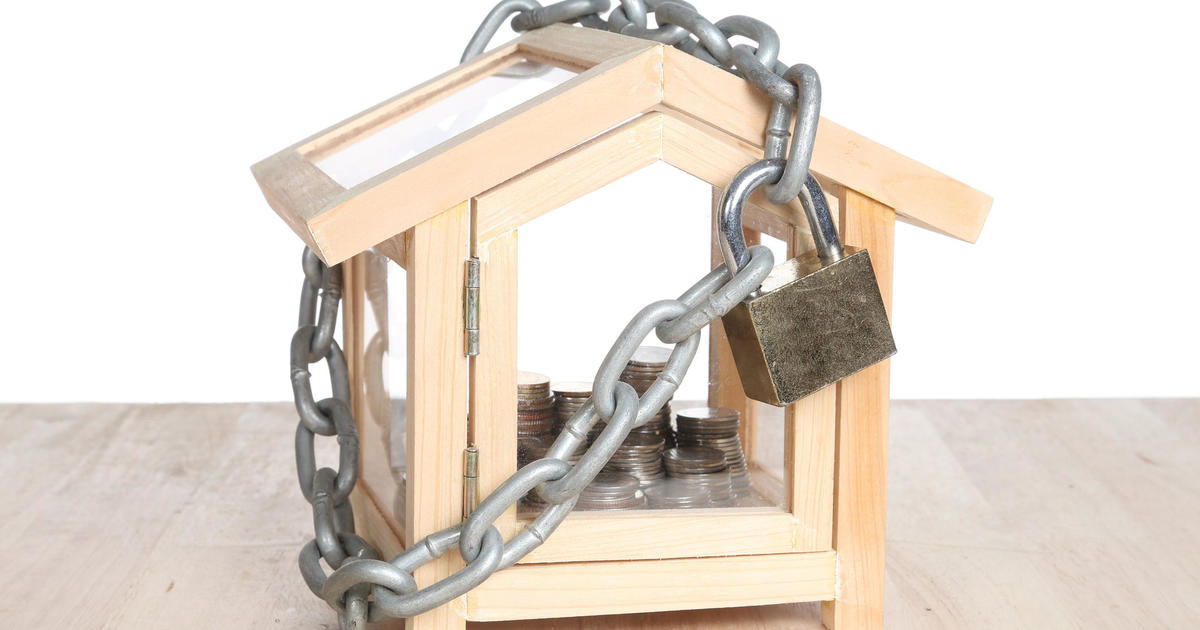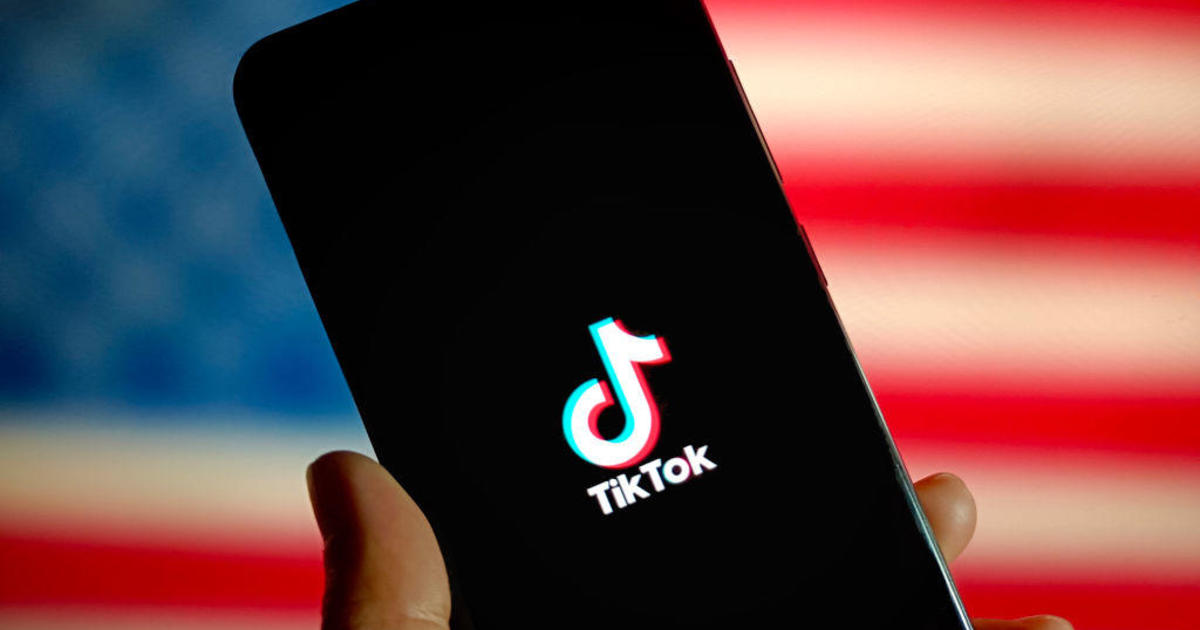NYC's ultra-rich face 52% combined top income tax rate, highest in U.S.
New York City's ultra-high earners will soon have to pay a top marginal income tax rate of nearly 52%, the highest personal income tax hit in the U.S. That means — in theory, at least — that some of the city's wealthiest residents could end up giving more of their paychecks to federal, state and local governments than they keep for themselves.
New York's state senate on Tuesday passed a deal to raise the income taxes collected on those with annual earnings above $1 million. The tax hike for millionaires still must pass the state legislature's lower house and be signed into law by Governor Andrew Cuomo, both of which now seem likely to happen. The higher tax rates will apply to all state residents making more than $1 million, but the city's own local levies will make the Big Apple the highest tax locale in the country.
The bite comes as both New York City and state replenish their public coffers amid the pandemic. The also must adapt to changes under Donald Trump's 2017 signature tax-cut law that effectively eliminated personal deductions of state and local taxes on federal income taxes by wealthier residents of New York and similarly high-tax states like Connecticut, California, Illinois and New Jersey.
The millionaire tax increase could have lasting economic repercussions for New York, which regularly ranks among the places with the highest wealth inequality in the nation. Indeed, New York in 2019 had the widest gap between rich and poor residents among all states, according to U.S. Census data.
Advocates say now is the right time for states to raise taxes on their richest residents, despite the fact the U.S. has not fully pulled out of its pandemic-induced slump.
"Historically, when you invest and raise revenue progressively for basic public services what we find is that you recover faster than when governments turn to austerity budgets," said Rebecca Bailin, campaign manager for Invest in Our New York, an advocacy group pushing for higher taxes for the state's wealthy. "You have seen that domestically and internationally."
Hurt or help?
Critics of New York's latest millionaire tax increase, though, including two high-profile candidates running in the Democratic primary for mayor of New York City, say it will hurt more than help.
"What the state is considering will push companies and higher-income families out of the city, which will cost us tax revenue and jobs," Ray McGuire, a former top Citigroup banker, recently told the New York Post.
Andrew Yang, the former 2016 presidential candidate who is currently leading the Democratic primary for New York City mayor, has said he is against the tax increase as well.
Critics of the hikes also contend that any damage done to New York or other states and cities by the pandemic has been more than made up for by the billions in federal stimulus money being distributing to states.
"State revenue losses as a result of the pandemic have varied from far-less-than-expected to non-existent," said Adam Schuster, senior director of budget and tax at the Illinois Policy Institute.
New York City Comptroller Scott Stringer, who is also a candidate in the Democratic primary for mayor, supports his state's tax increase. He told CBS MoneyWatch the city's public sector assets — "great schools, safe streets, world-class parks"— and its diversity would continue to outweigh for most people and businesses the cost of higher personal income taxes.
"That's what New York's value proposition is all about, not fractions of a point on income tax rates," Stringer said. "This budget will give us the resources to do all of those things, and I'm running for mayor to see them through and lead our city's greatest comeback."
Reality check: Few will really pay more than 50%
New York's income tax rate for annual earnings above $1 million will rise to 9.65%, from its current 8.82%, under the latest deal. It will also create new tax brackets for income above $5 million and $25 million a year, with even higher rates of 10.3% and 10.9%, respectively.
The increases combined with New York City's own 3.9% tax on personal income, as well as federal income tax rates that range from 10% to 37%, will raise the top marginal personal tax rate for city residents to nearly 52%. That would push New York past California, which currently has the highest marginal personal tax rate of just over 50% on income over $1 million.
Few of Gotham's wealthiest, however, will end up paying rates that high. Nearly 3 million New York City residents file taxes, according to state data from 2018, but just 30,000 reported making more than $1 million a year. And only about 4,000 of those people made more than $5 million. That's about the population of Armonk, the wealthy New York City suburb that is home to IBM headquarters.
And remember: That 52% surcharge is a marginal rate paid on the income above $25 million. High-wage earners will still pay a lesser, combined all-in rate of 44% on income below $1 million.
In addition, New York City may not remain on top for long. California lawmakers have introduced bills that could raise the top combined rate in that state to 54%. Washington state lawmakers have been advancing a bill to institute a capital gains tax in that state of 7% on investment income above $250,000, with retirement income exempt from the levy. Minnesota is also contemplating a new top tax rate.
Meanwhile, anecdotes of the wealthy fed up and fleeing New York to low-tax Florida abound. Bailin, the proponent of New York's higher millionaire's tax, said there is little hard evidence that higher state taxes cause the wealthy or the corporations they run to flee to less expensive locales in large numbers. She also said higher tax rates on the wealthy are the best way to address persistent income inequality.
"We have had a decade of austerity, asking for working classes and poor New Yorkers to pay for public schools and libraries and garbage pick-up, shouldering an unfair burden," Bailin said. "What we find is that it is the poor people who end up leaving under those conditions, not the rich folk."



